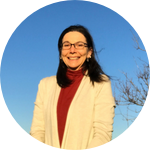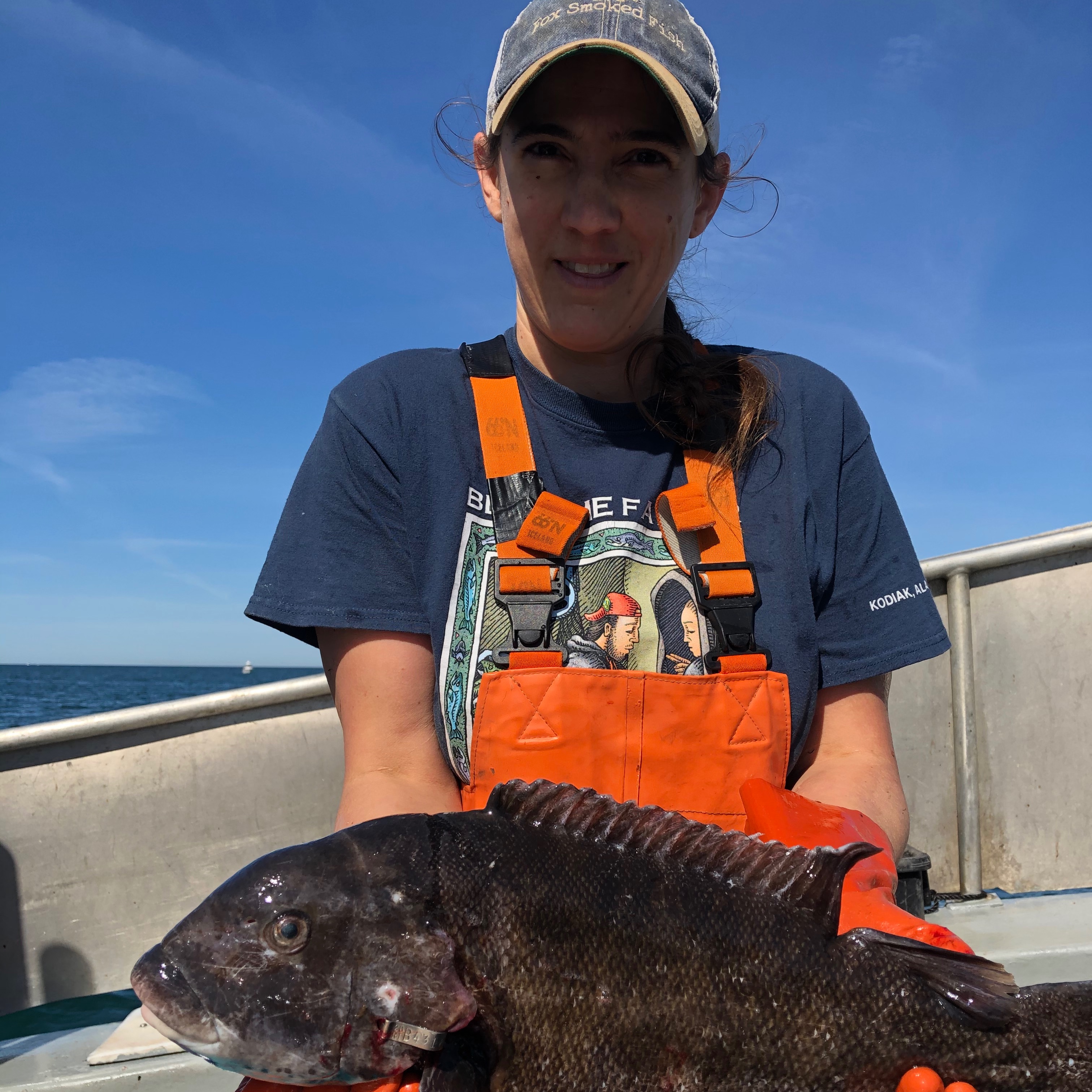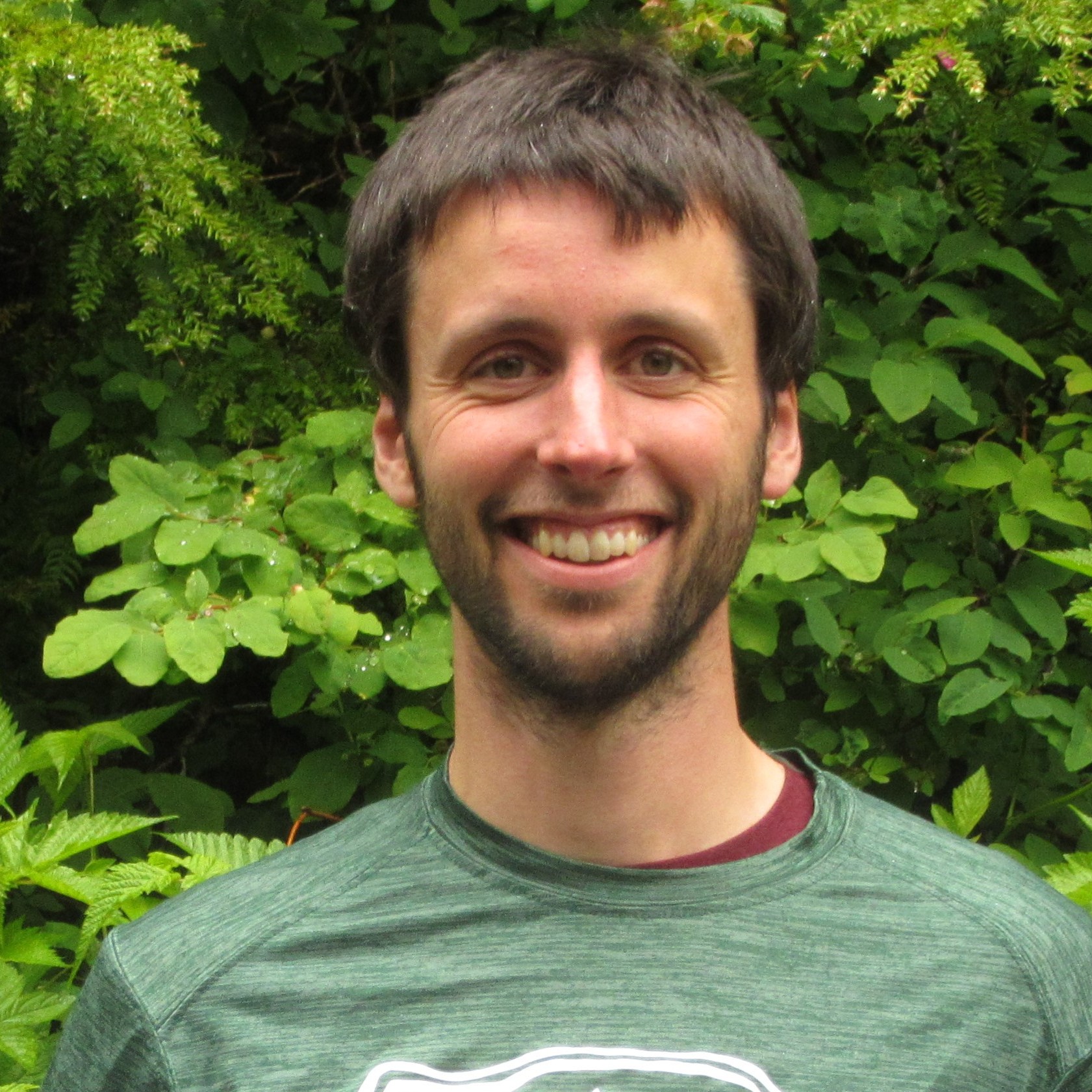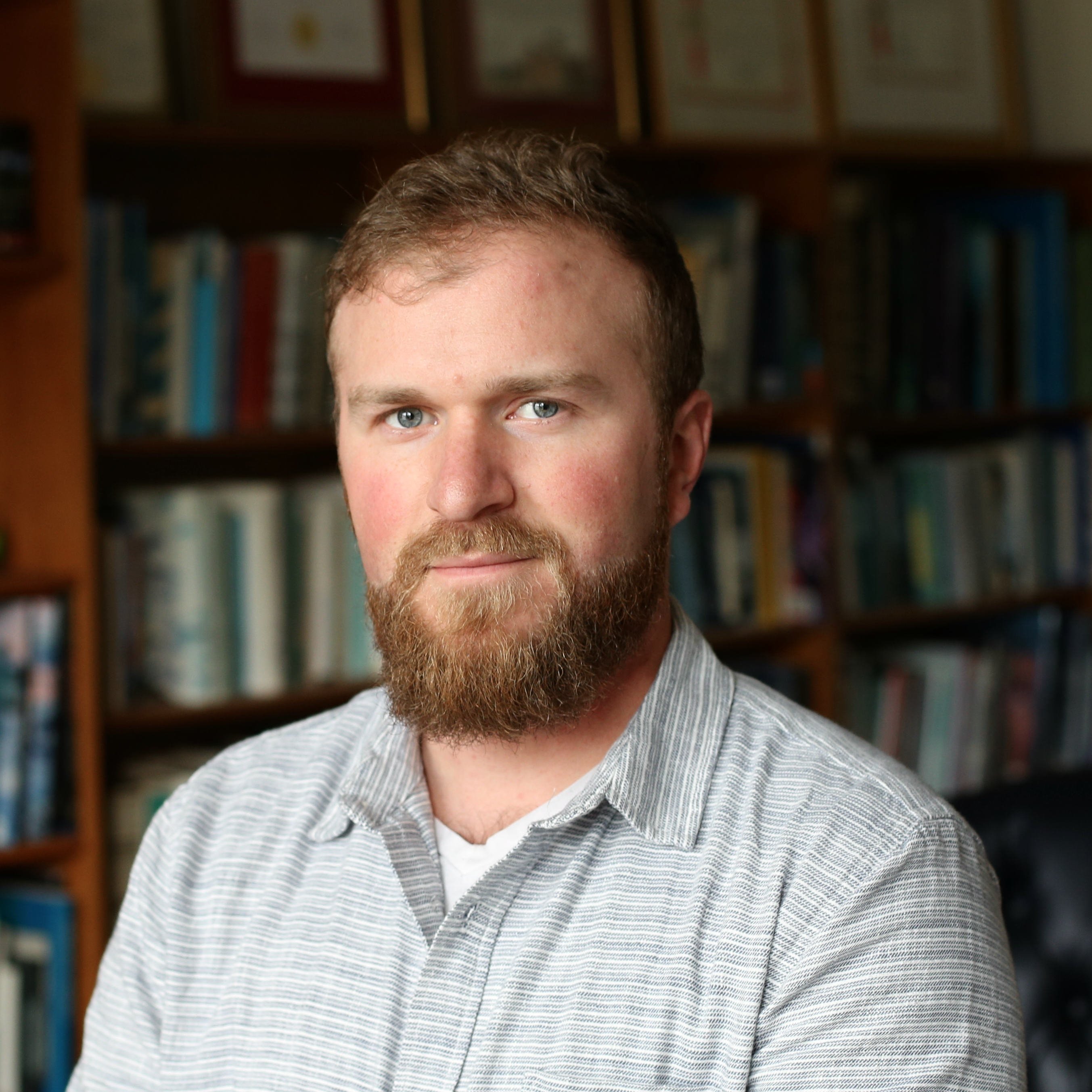Project Results
A set of publications was released by a group of commercial fishermen from Alaska, the West Coast, and New England, focused on catalyzing a transition to a low-carbon fishing fleet. Compiled over two years based on interviews with almost 150 fishing vessel owners and over 30 other experts, this 18-volume body of work lays a foundation for fishermen and their partners in government and beyond to begin saving money and reducing emissions today while preparing for the changing energy landscapes of the future.
About This Project
The urgency of climate change and record-high diesel fuel prices are motivating commercial fishermen to sketch out the contours of a low-carbon future. But significant technological and financial barriers lie in the way. In this work, we will assess these barriers and ask: what kind of targeted public programs and policies help overcome these barriers to enable bottom-up, locally appropriate innovation that puts the fleet on track to a low-carbon future?
Ask the Scientists
Join The DiscussionWhat is the context of this research?
U.S. federal and state governments are adopting ambitious decarbonization goals and putting in place a bevy of new policies and programs to reach these goals [1, 2]. With the buildout of programs accelerating rapidly, there is a need to swiftly assemble a set of well-grounded priorities and principles to inform the design of programs to fill the decarbonization needs of the commercial fishing fleet.
Fishing is a hard-to-decarbonize sector [3] with no single “easy answer.” Around the coasts, fishermen and organizations are beginning to pilot technological innovations. But so far, there has been no concerted effort to understand how well public programs are performing to support adoption of these innovations, or to design new programs to fill the gaps.
What is the significance of this project?
Our preliminary research suggests that public programs to support emissions reductions on commercial fishing vessels are limited in scope, and may even create incentives that run counter to the goal of decarbonization. Generally, existing programs focus on local air quality (such as particulate emissions), rather than carbon dioxide emissions, and they facilitate engine upgrades without addressing underlying factors that make a vessel more or less efficient.
The proposed research will inform design of new programs and the redesign of existing programs to align public programs with decarbonization goals and ensure the fishing industry is not left behind as the energy transition gets underway.
What are the goals of the project?
Our first goal is to ascertain current coverage, uptake, and barriers to uptake of existing state and federal incentive programs (grants, loans, tax credits, technical assistance) available to owners of fishing vessels to reduce GHG emissions and fuel usage.
Our second goal is to identify gaps in existing programs that, if filled, would enable greater or more rapid uptake of emissions-reducing actions, including examples of emissions-reducing actions that vessel owners would undertake if public programs were available (and easily accessible) to help them overcome a financial barrier (e.g., grant, loan, incentive) or a knowledge barrier (e.g., proof of concept, technical assistance) and characteristics that such programs would need to have in order to be effective.
Budget
This project meets to a timely and critical need. 2023 will see the largest decarbonization investments to-date, and overlooked segments of the economy, such as the small-scale fishing fleet, must step up immediately and articulate how they would like to be part of the energy transition.
Due to this urgency, two-thirds of the staff time and travel expenses for this project are currently coming out-of-pocket, which limits the project's scope. To expand our scope, we are seeking to supplement in-kind time through dedicated travel and workshop support, addition of a second research assistant (we are currently working with an intern provided by the National Working Waterfront Network), and stipends to participants to motivate their participation and ensure they complete the lengthy survey. Travel funds for in-person stakeholder workshops will yield better results than virtual workshops.
Endorsed by
 Project Timeline
Project Timeline
We will utilize a semi-structured phone interview with administrators of federal and state programs supporting efficiency and emissions reductions on fishing vessels.
Through 15-20 workshops at fishing ports, we will perform a survey and focus group discussion with fishing vessel owners.
Transcripts from interviews and focus groups will be coded and analyzed via qualitative content analysis. Survey results will be analyzed using descriptive statistics. A report will be published.
Feb 04, 2023
Project Launched
Mar 31, 2023
Complete, record, and transcribe ~20 phone interviews with administrators of existing federal and state programs (identified through agency websites).
May 31, 2023
Through fishing port visits, conduct >100 individual surveys and 15-20 focus group discussions with fishing vessel owners (recorded and transcribed).
Jun 30, 2023
Code surveys and transcripts from program administrator interviews and fishing vessel owner focus groups; analyze both sets of transcripts using qualitative content analysis.
Aug 31, 2023
Develop and vet policy recommendations with a slate of fishing industry leaders; write up final project report.
Meet the Team
Affiliates
Team Bio
This bicoastal team merges rigorous social science and policy research experience with grassroots community leadership. The three consultants performing the work already collaborate closely with the commercial fishing industry on climate and energy issues. The steering committee guiding the work includes fishing industry leaders from Maine, Alaska, Washington, Massachusetts, California, Rhode Island, and beyond. We have already designed the questionnaires and are ready to launch.
Sarah Schumann
Sarah Schumann is a 15+ year veteran of the Rhode Island and Alaska seafood industries as well as a passionate advocate for the ocean ecosystems that sustain wild fisheries. In 2022, she worked with commercial fishermen around the country to launch the bicoastal Fishery Friendly Climate Action campaign, a grassroots initiative that provides fishermen, fisheries associations, and seafood businesses with tools, networking, access, and knowledge to advocate for robust climate solutions that work for U.S. fisheries and not at their expense. Sarah is also a seasoned social science researcher and the principal of Shining Sea Fisheries Consulting, a mission-driven social science research and communication firm that combines contract consulting for government, nonprofit, and academic clients, with pro-bono services that assure all commercial fishermen can access the skills they need to advocate for healthy marine environments, regardless of budget.
Chandler Kemp
Chandler Kemp is an assistant Professor of Sustainable Energy for the University of Alaska Fairbanks Bristol Bay campus. Kemp has worked to improve fishing vessel efficiency since 2015. Working with ALFA and other partners, Kemp developed an energy auditing method for fishing vessels and proceeded to develop energy use profiles for more than 50 vessels. Depending on captains’ level of engagement, audits included installing strain gages on the propeller shaft to measure power consumption during sea trials; logging fuel, electricity and engine conditions throughout a season of operation; and verbal descriptions of vessel operating practices. Kemp used the data to create an online tool that allows fishers to receive a simulated energy use profile based on their responses to about 20 questions. The use profile then directs fishers to relevant fuel efficiency measures. Kemp also used the vessel energy profiles to release a report exploring the feasibility, fuel savings, and costs of alternative energy systems in the fishing fleet (Kemp, 2021). Kemp has supported more than 50 fishing vessel applications to the Rural Energy for America Program and is currently assisting in a hybrid battery-diesel pilot project for salmon troll fishing vessel in Southeast Alaska. In addition to his work in fishing vessel efficiency, Kemp holds a Master of Science degree in Energy Resource Engineering, published two papers that quantify the value of leak detection and repair programs in natural gas infrastructure, and owns Kempy Energetics: a small business dedicated to energy efficiency services including research, energy auditing and computer modeling.
Noah Oppenheim
Noah is a natural resource policy consultant with a focus on supporting resource-dependent communities. He work with clients of all sizes to put theory into practice with resource and community sustainability as primary motivators. Check out his website - www.homarus.co.
Additional Information
This work is a joint project of three one-person consulting firms (Shining Sea Fisheries Consulting, Homarus Strategies, and Kempy Energetics), a steering committee made up of academic advisors and fishing industry leaders from Maine, Alaska, Massachusetts, Washington, California, and beyond, and one or more graduate student interns.
The team formed autonomously to address an urgent need through the Fishery Friendly Climate Action network, a grassroots initiative that provides fishermen, fisheries associations, and seafood businesses with tools, networking, access, and knowledge to advocate for robust climate solutions that work for U.S. fisheries and not at their expense.
The report will be jointly published by several East and West coast fishing associations and will be presented to state and federal policy makers to inform design of future decarbonization programs to serve the fleet.
Drawing upon information gleaned through desk research and two sets of interviews, the team will develop:
- A performance review of current programs
- A gaps assessment identifying unmet needs that could be met by future programs
-A set of recommendations for future programs and best practices for program design
Project Backers
- 7Backers
- 100%Funded
- $9,067Total Donations
- $1,295.29Average Donation



